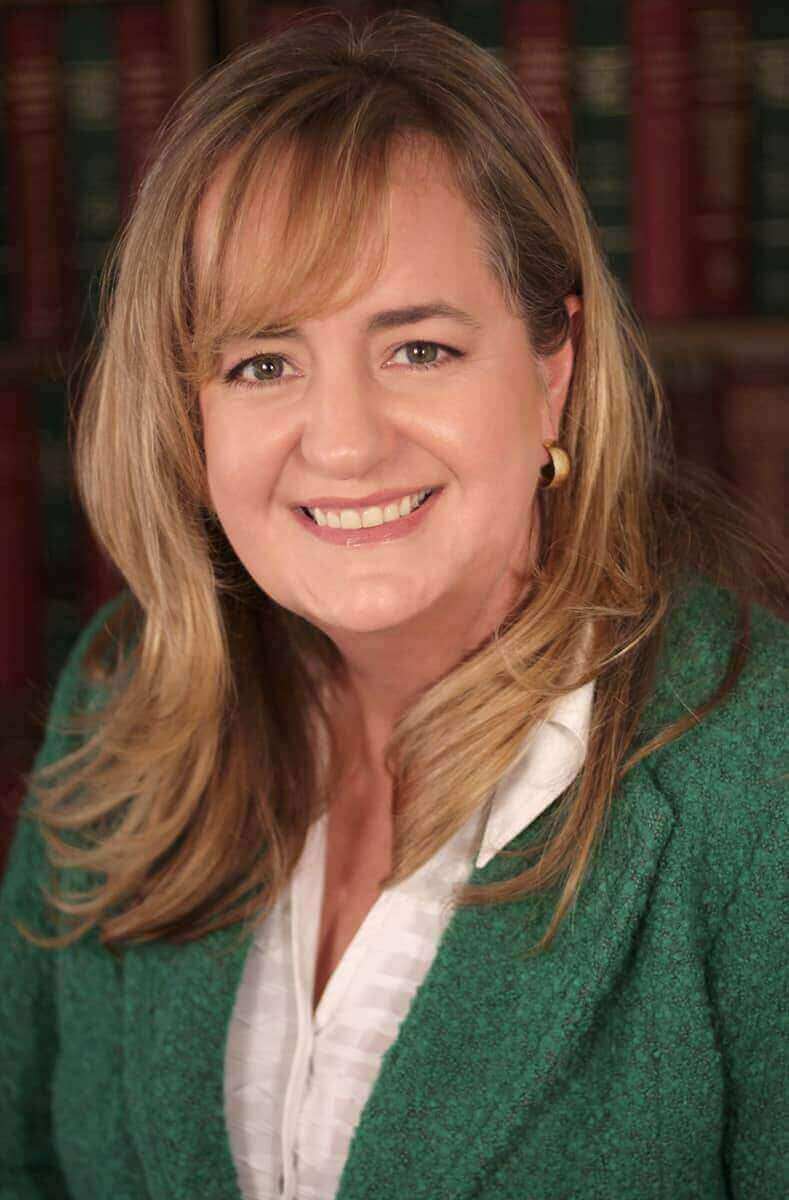I often run into business owners who are frustrated because they were turned down for a loan they so obviously could afford. They ask me, “How is it that I am able to pay $2,500 in rent, and have a successful business, but I can’t qualify for a loan?”
Having owned several businesses myself and being currently self-employed, I can completely sympathize.
Fannie Mae recently changed the rules for self-employed persons.
They went back to their pre-1998 underwriting process; which is to request 2 years of federal tax returns versus just one year, and a current quarter-to-date profit and loss statement.
So they are looking at your profits from two years ago.
Essentially we are looking in the rear view mirror to qualify you, while at the same time, we are “looking back” at some of the roughest economic years for many business owners.
Although your business may be in a better financial position today, and yes, there is some improvement (dismal to healthy?) for established businesses, this is the current state of affairs.
Here’s what you can do:
1. If you want to buy a home or investment property in the next year, then have your mortgage broker or lender review your tax returns BEFORE you file them! You want to make sure that your deductions will not hurt your chances to qualify for a loan.
2. See a broker. When a bank underwrites your loan, they may have stricter rules for qualifying on top of what is already required by Fannie Mae and Freddie Mac. They do this because they want to sell the loan and they want to protect themselves.
A broker’s primary responsibility is to you. She or he will work diligently to find you the best loan option, and use common sense underwriting to help get you approved.
For example, many banks won’t give a loan to someone who has just graduated from college because they don’t have enough work history. However, the rules actually allow for students to qualify for a loan if they have a job in their field of study (of course there are other qualifications too).
3. Count your assets towards your income. An IRA, 401k, or other savings plan is an asset. And you can use that asset towards qualifying. If you have real estate cash flow or other businesses, we can use that to help you qualify as well.
If your goal is to buy a home for yourself, or an investment property, contact me now so I can give you the rules, look over your taxes and help you be positioned for success in 2014.


